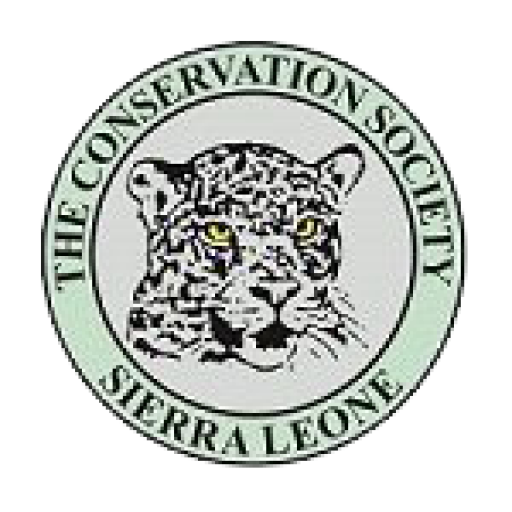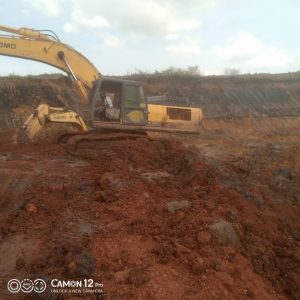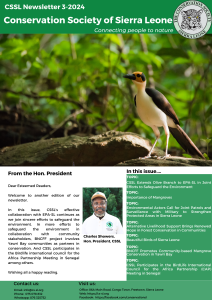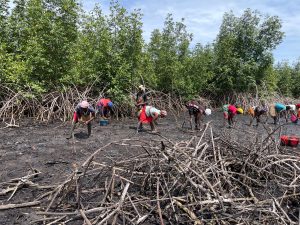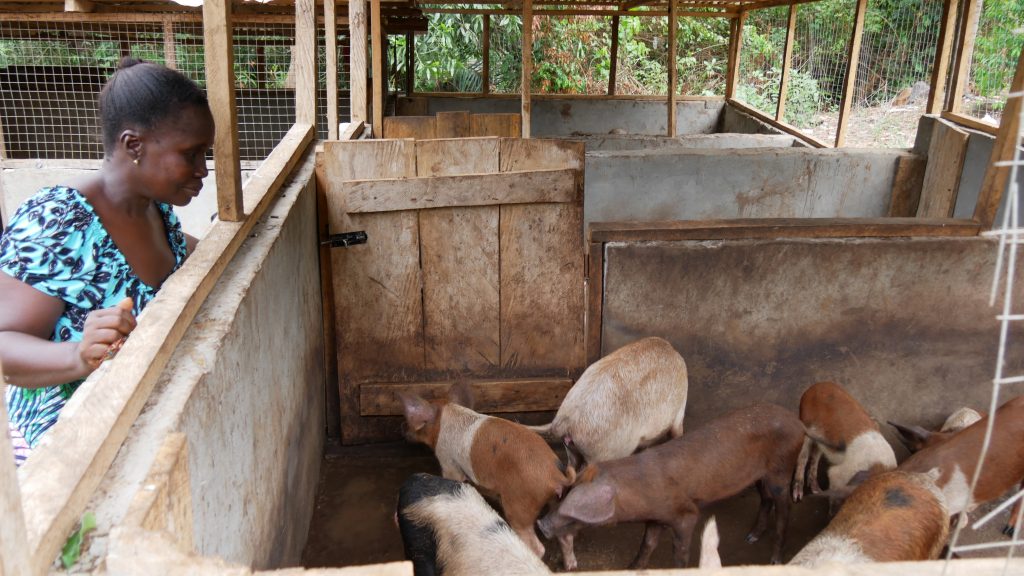
Lake Sonfon in Diang chiefdom Koinadugu district, Pampana River in Sambaia Bendugu chiefdom, Tonkolili district and the Western Area Peninsula National Park are very important ecological sites. The sites host important varied plant and animal species including West African Chimpanzees, the Black and White Colobus monkey, the Brush-tailed Porcupine, and Maxwell’s Duiker — a small antelope, populations of the extremely rare pygmy hippopotamus, West Africa Dwarf Crocodile, and a large variety of rare native and migratory birds. They are also critical sources of potable water for communities as well as animals living in and around these places.
However, numerous anthropogenic activities including mining, charcoal burning, timber
logging, poaching and human settlement expansion continue to gravely affect the integrity of these sites, with biological diversity survey reports showing drastic reduction of populations of important animal species, as well as shrinking water sources.
With support from Bread for the World (BftW) in Germany, the Conservation Society of Sierra Leone (CSSL) has been collaboratively working with like-minded partners in communities around these sites, encouraging community people and local authorities to take up ownership for the protection and conservation of such important natural resources. The approaches have been diverse including advocacy, community and media engagements and alternative livelihood interventions, among others.
Mid this year, the CSSL/BftW project team in Kabala provided farming support to nine
communities which constitute the Community Management Association (CMA), a local
structure established by CSSL to support in natural resource management in its operational areas. The support was in the form of rice and groundnut seeds to enable communities undertake climate smart agriculture. At Big Watta community, one of the forest edge communities of the Western Area Peninsula National Park, the project provided the community with groundnut seeds, pigs, goats and chickens as alternative livelihood support. It is expected that the support provided would help in diverting the attention of communities from destroying the forests, while assisting them in improving their economic wellbeing.
Reports from routine project monitoring exercises conducted by CSSL indicated huge prospects of success from the various support provided by the project. The inland valley
swamp (IVS) rice and groundnut farms in Koinadugu and Tonkolili districts are thriving with high expectation of good harvests. The situation is also the same at Big Watta where the initial 6 pigs supplied to the community have multiplied to 51.
Community members have been very appreciative of the alternative livelihood support that CSSL has been providing them with. Most group members at Big Watta disclosed to the
project field staff that, with the support provided by CSSL, they are very hopeful of being able to support their children’s education and solve other social problems without interfering with the forest. “We are happy to say that this project has helped in supporting us to protect our forest. Before now, our attention was really focused on plundering the forest to support our daily family needs. We will continue to work with CSSL to strengthen the protection of this forest for us and the next generation”, Madam Memunatu Banya, Headwoman, Big Watta community.
Lorem ipsum dolor sit amet, consectetur adipiscing elit. Ut elit tellus, luctus nec ullamcorper mattis, pulvinar dapibus leo.
